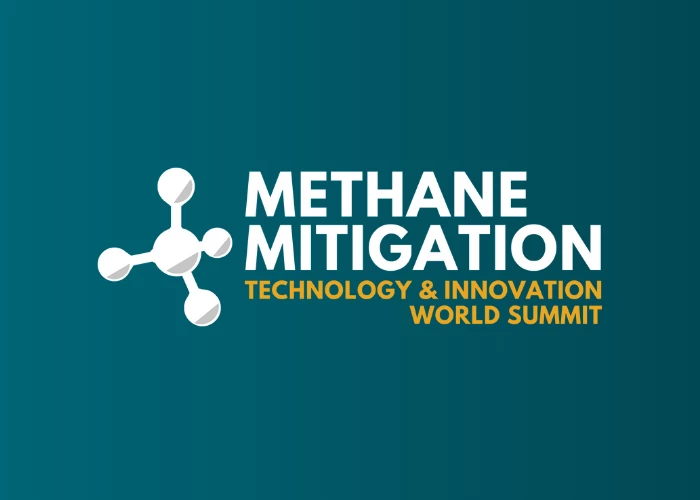Facing up to fuel fraud: securing the supply chain; protecting the product
Add bookmarkHow do we prevent fuel adulteration in weakened supply chains?
By Philip Double, Technical and Commercial Director, John Hogg
In the second of a three-part series of articles looking at fuel fraud in the oil industry, Philip Double, Technical and Commercial Director at John Hogg considers the sources of criminal activity that can lead to fraud and fuel adulteration and some of the counter measures companies are deploying to fight the problem.
The worldwide issue of fuel fraud shows no sign of stopping. As part of facing up to this problem, the oil industry needs to understand more about where and how it happens and how to hamper the fraudsters.
Want to know more about fuel security? Make sure you read this exclusive report.
An important starting point for oil companies is analysing where the weaknesses lie in their supply chains, as determined criminals will pinpoint and exploit any vulnerabilities in the route from ground to gas station.
For example, fraudsters and other organised criminals can often access and extract fuel from pipelines before their actions are detected, despite the modern gadgets in place to prevent their activities such as drones and pressure sensors. This presents an even greater threat in countries where pipelines are in highly remote areas.
Delivering petroleum products via truck or ship may be subject to hijack or piracy and any type of outsourced fleet management poses a greater fraud risk than oil company-owned transport, with drivers becoming either willing or unwilling accomplices in fuel swapping and adulteration.
Even at the retail end of the supply chain, gas station owners have been known to mix higher grade branded fuel with lower grade products while charging the motorist full price at the pump.
New tools to tackle fuel fraud
Oil companies that are taking action against fuel fraud in the supply chain are benefiting from the latest approaches based on programmes of fuel marking, inspection, detection and data analysis.
And a shift is occurring in the concept of exactly what oil companies should be marking and monitoring: this means increased marking of higher quality, branded fuel products. This is a sensible strategy both technically and from a practical, brand protection perspective; securing higher grade fuel through markers means that any adulteration will reveal the product to be less than 100% legitimate. Equally, any moves by fraudsters to destroy or dilute the marker will expose the fuel as tampered with, removing any incentive for them to try.
Feel overwhelmed with fuel security? Read our interactive report, and learn more.
The approach of marking all legally-imported and tax-paid fuel has helped the Philippine Government address the problems of smuggled and adulterated fuel that had previously cost the country millions of dollars in unpaid fuel tax and allowed sub-standard petroleum into the retail motor market.
Technology advances
Oil companies – in collaboration with fuel protection experts – are deploying the latest technologies to tackle fuel fraud: injecting covert markers (now detectable at very low dosage levels) along with field detection and data-driven management information means fuel can be monitored and identified as legitimate, or otherwise, throughout the supply chain.
Combining direct reader markers with accompanying detectors and relatively small quantities of fuel to test are giving greater accuracy of data in the field. With the current generation of equipment being much more portable – literally carried in a briefcase – test results are connected to encrypted, cloud-based storage systems and made available almost immediately.
Make sure to check out our interactive report for in-depth analysis on fuel security issues.
This level of accurate insight enables oil companies to protect their products’ integrity along the entire length of the supply chain – and take more efficient action where necessary to close a gap.
When instigated at different points in the fuel journey, including terminals and at gas stations, fuel marking will ensure that only a legitimate, high grade product reaches the customer and that the authorities obtain the required tax receipts.
The cost-benefit equation of reputation
Implementing effective security measures of any type, in any industry, require financial investment and – like any corporate expenditure – are scrutinised for return on investment.
For example, when one oil company in South Korea decided to discontinue its anti-fraud, fuel marking programme to save costs it left its supply chain and fuel products wide open to adulteration. The knock-on effect for the company was a decline in brand trust, sales and market share. The irony was that its previous fuel marking programme meant it enjoyed increased consumer confidence and a sales up-lift. They are now in the process of reinstating their marker programme as a result of the damage done.
If oil companies are conscious that their product – and consequently their revenue – is leaking illegally from the supply chain, it’s time to face up to fuel fraud and find the right solutions.
Marker programmes – which include marking at source, testing, reporting and enforcement – heightens the likelihood that the fuel is legitimate when the customer fills their tank.
To learn more about facing up to fuel fraud – including the problems in oil and fuel supply chain security and some of the solutions oil companies are now using – visit our interactive white paper.






















